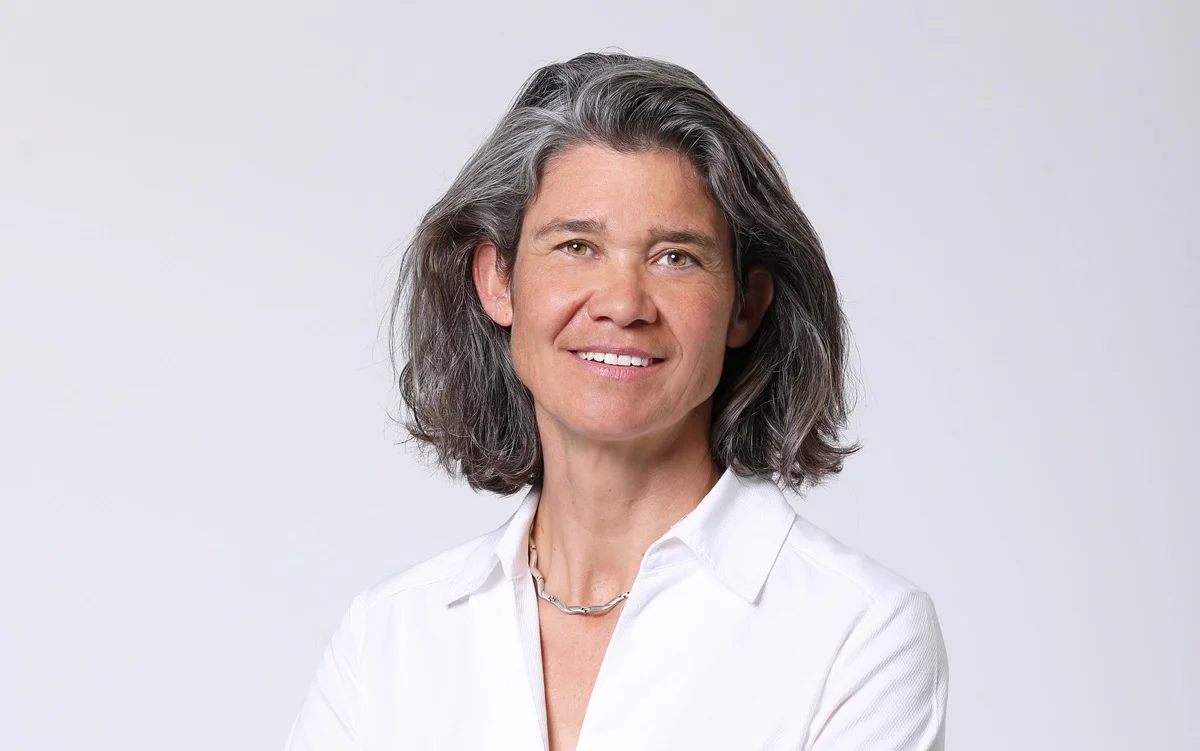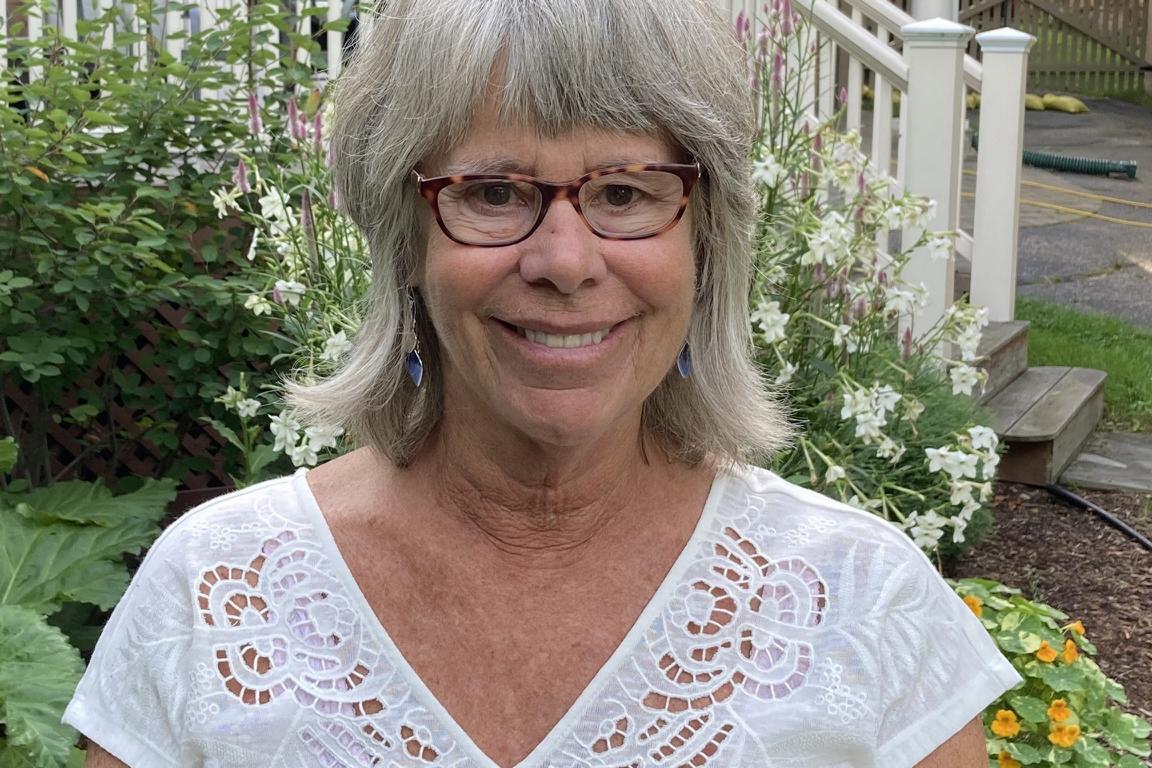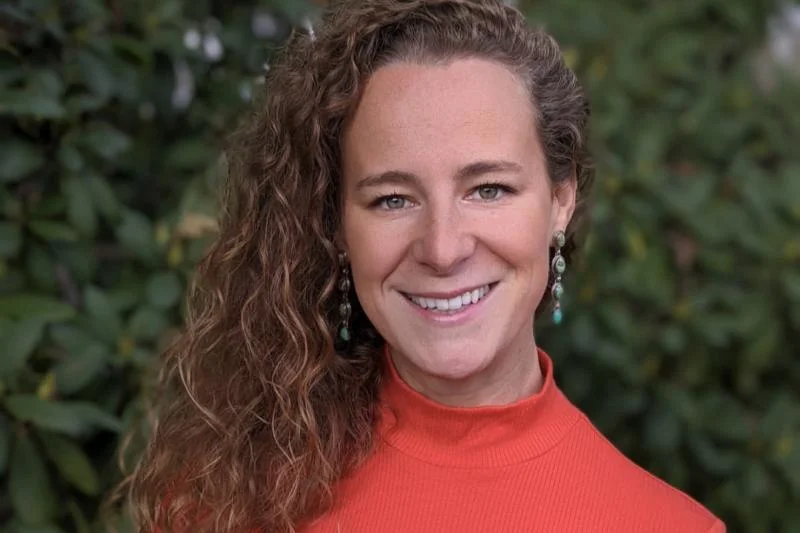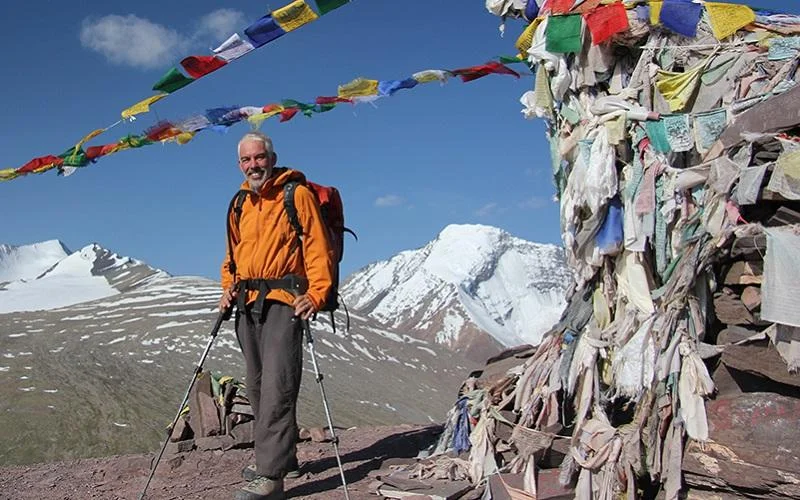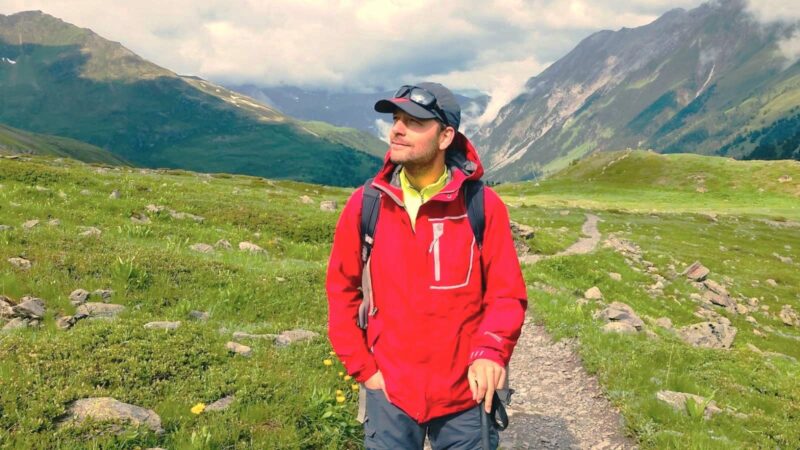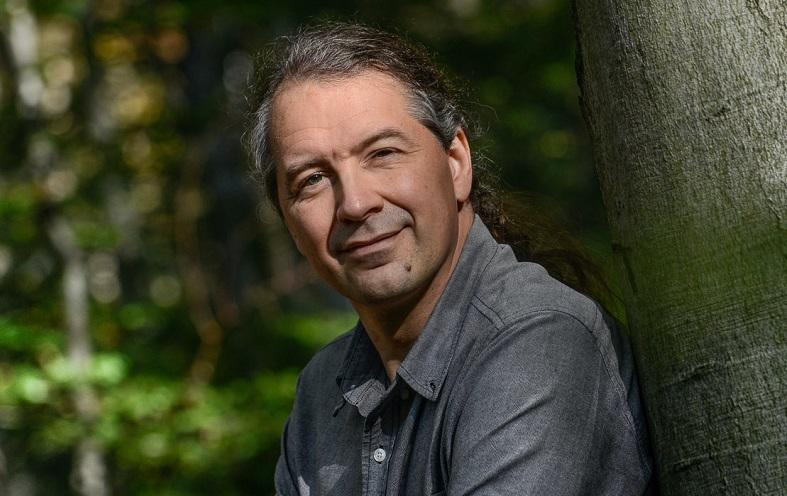
Angelique Tonnaer Kırkıl, Travelife auditor in Turkey and tourism sustainability facilitator, in this interview shares her experience of working with hotels in Antalya, and outlines the sustainability challenges and priorities for Turkey as tourist destination. She also explains how Travelife as sustainability management scheme works.
Learn about:
- The current state of tourism sustainability in Turkey;
- How the sustainability management scheme Travelife works;
- The main tourism sustainability challenges Turkey faces today;
- Five lessons she has learned as advisor focused on sustainable tourism development;
- The main challenges and priorities for the hospitality sector, regarding sustainability;
- Tips for hotel managers keen to embrace sustainability.
Angelique, a few words about your professional background: When did you discover your passion for sustainability and travel?
Actually, I discovered it very early. Since I was young I was close with nature. My dad used to take me to the wetlands in our village Thorn in the Netherlands, to explain me about the special nature there. And I was already a little activist trying to protect insects and animals, where possible, and organizing water clean ups with my friends…
Via the orchestra in our village that I was member of, I discovered my passion for traveling. As we played international music, we had a lot of concerts in and outside of the Netherlands.
So there it started. Then, during my studies of International Relations I became more interested in the human/social side of sustainability, while studying about world politics, development of countries, human rights, etc.
After some years working in and around EU [European Union] institutions, I coordinated the establishment of the Dutch National Youth Council to promote youth participation in all areas that concerns them. There I learned about how to really involve (young) people.
The only way one gets optimal involvement of people is not to talk about or decide for them, but with them.
In 2005 I coordinated the project Cool2Know with the goal to connect local Turkish youth with tourists in mass tourism hotels. The idea: it is ‘Cool2Know’ each other and the local life. A kind of community involvement, literally.
Recently with TRIADA, my company, we were part of the INTOUR project and coordinated the SUSTOUR project, aimed at introducing Travelife to accommodations, tour operators, travel agencies and educational institutes in Turkey.
Travelife for Hotels & Accommodations is a global sustainability management scheme for the tourism industry run by ABTA the Travel Association (the UK’s largest travel association).
Travelife for Tour Operators is run by ECEAT a not for profit organisation based in the Netherlands, helping tour operators to improve their social, economic and environmental impacts.
In cooperation with TUI we have also launched sustainability criteria and a management system for excursion and activities providers.
The biggest trigger for my sustainability passion was the birth of our son in 2010. This – and I am sure that other parents agree – awakes a kind of super awareness about the world and how we leave it for our children.
Since 2011 I have been an auditor for Travelife, auditing hotels and other accommodations against the Travelife criteria mostly in Turkey, the Caribbean, and in the coming months Africa.
How is sustainability integrated in the services of TRIADA, your consulting company in Antalya?
First of all, we try to ‘be the change you want to see’ by working ethically and with respect for people, environment and community. Almost all projects and activities that we have designed and carried out during our 10 years of existence have had an empowering and idealistic aspect. The focus is always on improving an existing situation, be it in community development, youth participation or international cooperation.
Sometimes our projects are directly related to sustainability in tourism, but we also cover other areas. For instance, we helped promote sustainability of local banana production by exchanging know-how and best practices between the Canary Islands and Alanya. Very recently we designed and coordinated a project to empower social entrepreneurship skills of young people.
Since 2010 we got involved more closely with sustainability linked to tourism, by helping develop Corporate Social Responsibility practices among Turkish accommodations, educational institutes and other tourism companies. First as consortium partners in the INTOUR project (focused on eco innovation) and later as owners of the SUSTOUR project (focused on life-long learning). One outcome of the latter was that we became the official representative in Turkey for Travelife for Tour Operators, Travel Agencies & Educational Institutes.
In June 2012, together with the English and Dutch Tour Operator Associations ABTA and ANVR, the Ministries responsible for tourism and the tourism NGOs ECEAT and the Travel Foundation, we interviewed 50 stakeholders in the three main touristic areas of Turkey. The purpose was to identify the main challenges for sustainable tourism development in those areas, and to develop common projects to tackle them.
What motivates you to work toward sustainable development of tourism in Turkey?
Let me start with a quote from an astronaut: ‘We are all astronauts on spaceship earth…’ That is my starting point. We are all inhabitants of this world, which is just a little dot in space that should be treated with care.
I see myself as a global citizen with local roots in Holland, living in Turkey. I feel responsible for making a change where I can, which is mostly here in the Turkish province of Antalya. I contribute through my professional activities, but also through initiatives such as organizing a forest clean up with the local school, for example.
As professional dedicated to the sustainable development of tourism, I see my main role in helping coordinate the different national and international actors and efforts in this field, because working together is essential for the projects to be effective.
Tourism is one of Turkey’s main economic sectors. In my opinion, sustainable development in tourism is strongly needed in Turkey, because it is the only way to keep the destination attractive in the long-term.
For a long time, sun, sand, beach and all-inclusive luxury hotels were the main attractions and focus of tourism in Turkey. Those are well developed and well known for their good price/quality and service mindedness.
But Turkey has so much more to offer. There is now a shift toward diversification of tourism – for example development of cultural trekking routes, and opening up the national reserves of Antalya province for the public (between 2016-2019). It is very important to do this in a sustainable way, as this kind of tourism takes place in more vulnerable places with a limited carrying capacity.
As member of a committee which assist with this process, my role is to look out for good practice examples abroad, so we don’t have to reinvent the wheel!

In your view, which are the main tourism sustainability challenges that Turkey faces today?
Turkey’s main challenges in (mass) tourism, in my view, are:
‘Betonification’: There is no need for more large-scale hotels serving mass tourism. There are enough of those already, and building more would be a threat for the scarce “empty” spaces left, especially along the coast.
However, due to the current structure in government and the huge amounts of money that are earned by project developers, it is a challenge to restrict or stop new buildings.
Fortunately, people’s awareness and activism is also increasing. For example, the plans to build a hotel right on top of the ancient Phassilis ruins near Kemer have been stopped, at least for the time being. Hopefully, original places such as Olympos and Çıralı will succeed to remain without concrete buildings forever.
Lack of sustainability awareness: While in tourism awareness about sustainability issues is higher than average because tourism depends on it to flourish, there is still a strong need to move from short-term, money oriented thinking to a view that only tourism that follows a long-term vision and is developed sustainably can survive. ‘Better places to visit, better places to live’… is a suitable motto for this.
Lack of control of excursion & activity providers: It is a challenge for the Turkish government to control all the activities and excursion providers that are active in tourism. Especially those working in vulnerable areas should be better monitored.
Need for more involvement and better cooperation of the main stakeholders in tourism: It would be very good if the main stakeholders in tourism would be more involved in national and international cooperation for sustainable tourism.
Geopolitical tensions: The current tensions in the region, but also in Europe, have a strong impact on the international image of Turkey, which has recently suffered a sharp decline in tourist arrivals. This mainly hurts the ‘man on the street’.
The positive side of this is that more and more Turkish people now can stay at high-end hotels they would have hardly had a chance to experience before…
Your key insights/lessons learned from your recent work promoting innovation and sustainability management in Turkey?
First, that it is very important to start with the base – education – so that the future workers are sufficiently equipped to implement the necessary changes in tourism companies!
Second: hotels are much easier to convince because they can earn a lot in a short term by implementing water and energy saving measures. Other tourism companies, such as travel agencies and excursion providers, are harder to convince because in their eyes sustainability measures take a lot of time and effort with too little in financial return, at least in the short term.
Third: During times of economic crisis, tourism companies are more reluctant to work on sustainability. We tried to convince them that this was exactly the time for it, because as they had little work they could devote more time, but they were hard to convince.
Fourth: It is essential to have global sustainability management schemes such as Travelife that help to facilitate sustainability in tourism.
Fifth: I call upon all the big tour operators to use their power to convince their supply chains to adopt sustainability!
Sixth: It is important to prevent greenwashing. The main tools for this are control via standardization and certification systems. However, for the public to understand properly there should be as few of those as possible…
Lastly, working on sustainability in tourism can sometimes be tiring because you start to notice the sustainability side of everything. Being so aware of things like rubbish in the forests, new development projects, motorways, lack of attention to sustainability in the general news, can sometimes be frustrating. But I have to pick my battles…
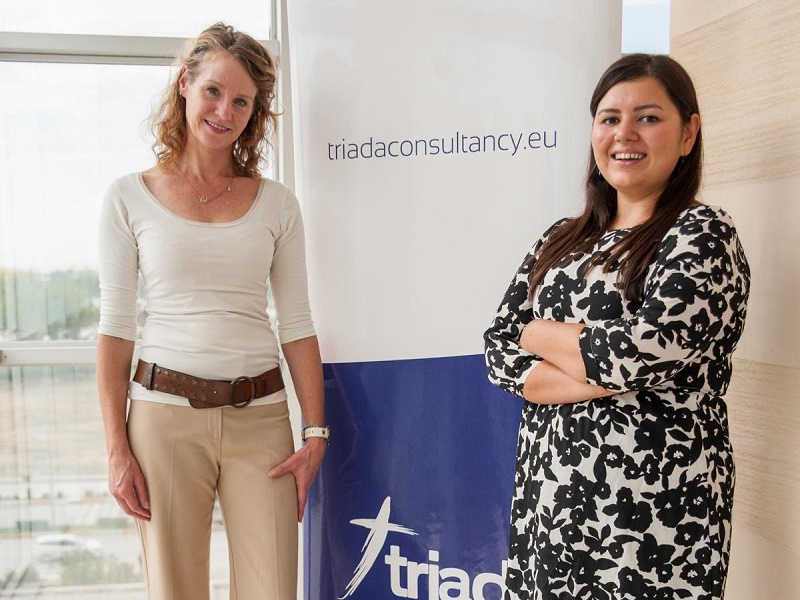
Where do you see the main priorities for the hospitality industry in Turkey in terms of sustainability? And the challenges?
As a Travelife auditor for hotels and other accommodations, I can see that local and national governments are doing a lot to make mass tourism more environmentally friendly, and push for better social welfare. There are now incentives for hotels to reach the national certification ‘Green Star’. There are also strict laws regarding, for example, recycling of (hazardous) waste and treatment of waste water. In Antalya, hotels are fined if their waste water is not clean enough, for instance.
Also, there is more control now of how hotels are to treat their employees, with regard to working times, etc.
Many of the larger 5 star hotels that I have worked with have high sustainability standards. This includes not only the environmental part, but also community welfare projects, such as assisting local schools and NGOs.
An interesting cultural footnote here is that in Turkish culture it is not well regarded to show off your positive sustainability actions as a hotel, whereas on behalf of Travelife I tend to encourage hotels to promote their good deeds to a wider public. We usually find a middle way.
Challenges and priorities:
Employees in tourism should be better represented and trained to be able to defend their rights and interests. Lack of a union for tourism employees and the current economic crisis make workers vulnerable and dependent on the goodwill of their bosses.
Inherent to the all-inclusive system is a lot of food waste, which is a big loss in all senses. It is important to find creative ways to reduce it, but the hotels fear complaints from their guests. A friendly way to communicate the message to guests would be a message such as: ‘Take all you can, but eat all you take’.
Smaller boutique hotels should also be motivated to join international certification systems as to help them to become more sustainable. Travelife has recently developed a checklist for small hotels, in addition to its checklist for larger accommodations. I hope that it will help small hotels to be included in this growing sector of sustainable accommodations.
Especially for areas with a concentration of mass tourism, hotels that have big gardens (such as Antalya Lara) should be able to use waste water for their gardens that has been cleaned by the water authority.
Which criteria must hotels fulfil to be certified by Travelife as a sustainable tourism business? How does it work?
Travelife for Hotels and Accommodations is a certification scheme that helps hotels and accommodations manage their social and environmental impacts and communicate their achievements to customers. Travelife was founded in 2007, and is run by ABTA, the travel association, with a head office team of 8. Travelife works with circa 50 independent freelance auditors and has over 1,500 hotel members globally.
Travelife Audits occur every two years. They only take place when a hotel is open. Hotels are audited against 163 point criteria that include environmental management, business policies, labour and human rights and community integration.
It is not easy to achieve Travelife Gold certification. Hotels rarely achieve gold on their first audit, and will usually have to work on improvements. There has been only one occasion for myself when this has taken place. But to not reach Gold on your audit is not a failure. Sustainability is not easy.
As an auditor I ask questions, compile evidence, take pictures. If I find non-compliance, the hotel is given time to fix it. Sometimes I need photos showing that issues have been fixed. Other times I need to see a strategy plan.
Some of the questions I will ask during an audit:
- Energy and water consumption records, volume per guest night and targets (if hotels do not comply with flow rates specified in the Travelife criteria and this is their first year audit). Targets must be set by the hotel and an action plan needs to be put into place and implemented.
- How often backwashing of the swimming pools takes place.
- Whether the water comes from a borehole. If yes, then I want to see the official borehole license.
- I check with workers how they are trained, how their extra hours are paid.
- Whether they store local and/or organic, bulk products, in recyclable packaging.
- What refrigerant they are using.
- How compliance and disciplinary procedures are communicated, and if staff may join a union.
Your 3 bits of advice for hotel managers keen to implement sustainability practices but not sure how to get their property owners/investors on board?
Focus your message on the benefits:
- Sustainability and Corporate Social Responsibility = quality assurance!
- Saving water and energy will automatically save money.
- If you as hotel commit yourself to sustainability, automatically you will help your destination to become a better place to visit and a better place to live in. Sustainability is the key to being able to enjoy your destination in 20 years as much as you do now.
Thank you, Angelique.
Connect with Angelique Tonnaer Kırkıl on LinkedIn or learn more about the services and current projects of Triada consultancy here.
This interview was facilitated by Travelife. See all our interviews powered by Travelife here.
Enjoyed our interview with Angelique Tonnaer Kırkıl on tourism and sustainability challenges and priorities in Antalya, Turkey, and the Travelife management system for hotels? Share and spread the word!

